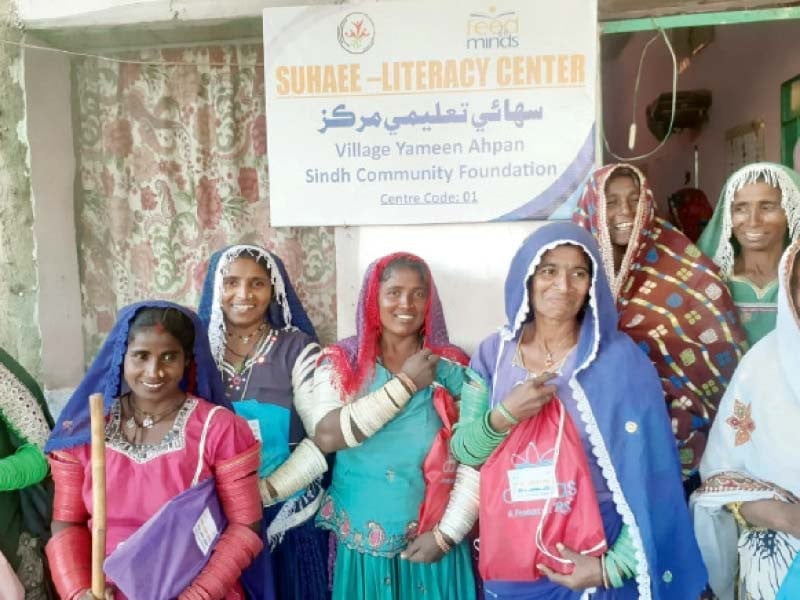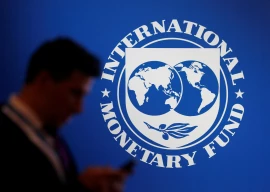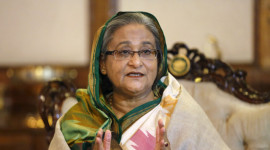
Experts at the launch of a new policy document emphasized that empowering women in trade is crucial for facilitating interregional trade and economic integration in South Asia. The Sustainable Development Policy Institute (SDPI) unveiled its report, “Empowering Women in Trade—a South Asian Perspective,” supported by the Friedrich Naumann Foundation for Freedom (FNF), in a news release.
Joint Executive Director of SDPI and co-author of the report, Dr Vaqar Ahmed, highlighted that regional and free trade agreements, along with GSP+, should benefit women-led enterprises. “Tax policy and administration reforms need a gender lens to reduce business costs for women. Pakistan Single Window (PSW) and other digital economy reforms could lower information and market access costs. Coordination between the Federal Board of Revenue and the State Bank of Pakistan is essential to help women transition their businesses from the informal to the formal sector,” he stated.
Dr Arif Saleem from the Faculty of Management Sciences at Islamic International University noted the report’s robust methodology and quality assurance measures, ensuring the validity of its findings. He pointed out recommendations such as addressing the disparity in mobile phone ownership among women in Bangladesh (57%) compared to Pakistan and India (48%). Empowering women, he said, would boost entrepreneurship and improve access to telecommunications and the internet.
Programme Manager of FNF Pakistan commended SDPI’s comprehensive study, which covers key insights across South Asia. She emphasised that the private sector could support women by providing opportunities and developing women-led portfolios, enhancing women’s roles in business.
Research Associate and co-author of the report, Mahnoor Arshad, presented the study’s findings, focusing on four key areas: benefits from pre-existing trade agreements, regional and global integration of women in trade, sector-specific bottlenecks, and the roles of public and private sectors and regulators. The methodology included data and literature reviews and focused group discussions with diverse stakeholders.
The report analysed Bangladesh, Sri Lanka, India, and Pakistan, noting that higher gender equality correlates with visible women entrepreneurship. It highlighted that trade linkages through bilateral and multilateral agreements promote economic growth, but regional trade integration remains elusive in South Asia due to barriers to women entrepreneurship.
Dr Asanka Wijesinghe, Research Fellow at the Institute of Policy Studies, Sri Lanka, stressed the need to investigate female entrepreneurs’ roles in export productivity to devise specific interventions. He noted that female entrepreneurs, mostly in SMEs, e-commerce, and local trade, contribute significantly to global trade.
Dr Selim Raihan, Executive Director of the South Asian Network on Economic Modelling (SANEM), Bangladesh, called for policy reforms to ensure gender inclusion, highlighting that women’s lack of asset ownership hinders access to finance. He pointed out the need to address the gap between policies and their implementation.
Kiran Afzal, Senior Private Sector Specialist at the World Bank, stated that the report provides a roadmap for integrating women in trade.



















COMMENTS
Comments are moderated and generally will be posted if they are on-topic and not abusive.
For more information, please see our Comments FAQ